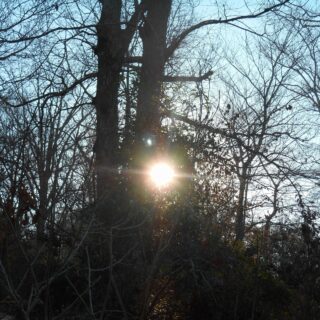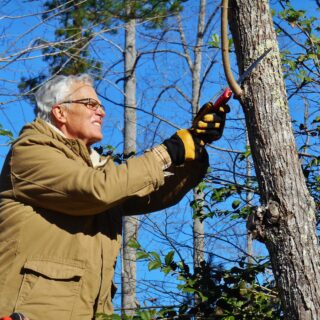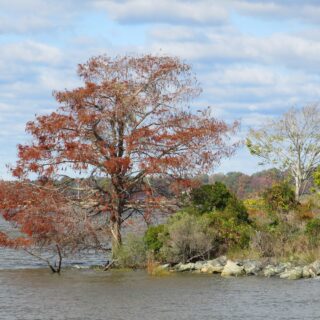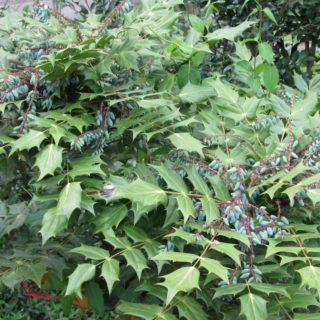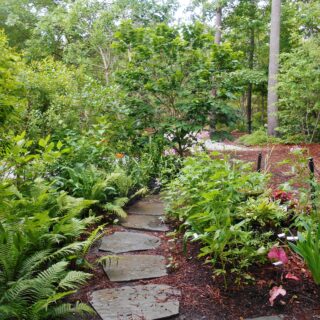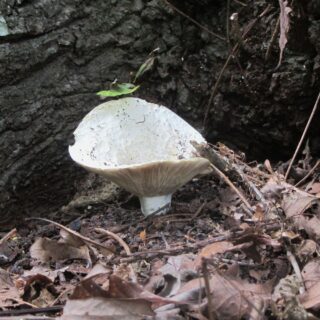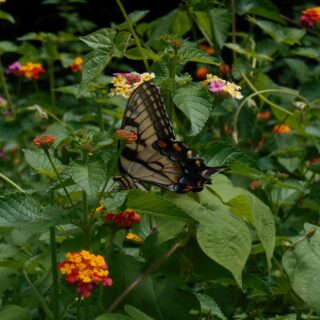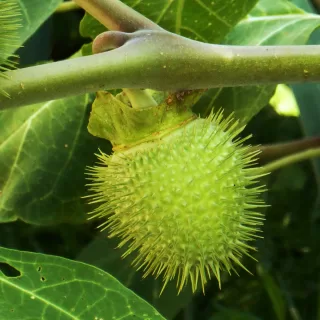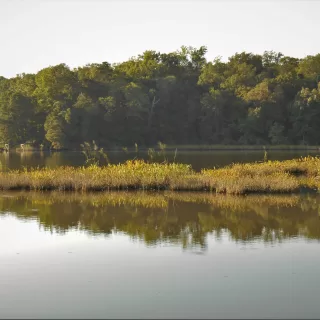Celebrate the Winter Solstice by Honoring Our Earth
The Shortest Day of the Year On Saturday, December 21, 2024, indigenous people and others who practice nature based spiritual paths celebrate the Winter Solstice. Winter Solstice has been observed as a holy day for millennia, since before humans kept records, because it marks the shortest day of the year and the return of the sun to warm the Earth for the growing season ahead. Historians have found that ancient stone circles, pyramids, and other prehistoric stone constructions are oriented...

